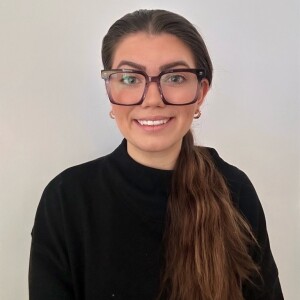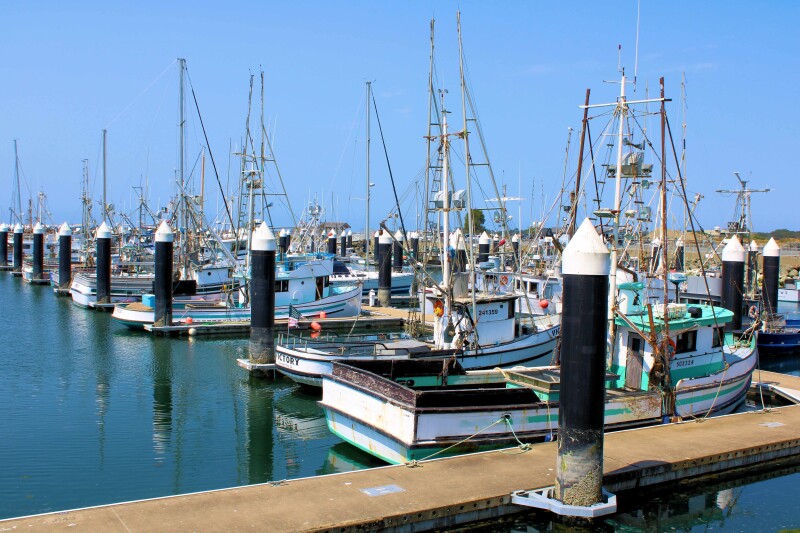Two commercial fishing groups from San Luis Obispo County have renewed their fight against a planned offshore wind project near Morro Bay, citing concerns about the potential impacts on the region’s fishing industry and marine environment. The Morro Bay Commercial Fishermen's Organization and the Port San Luis Commercial Fishermen Association filed the original lawsuit on Feb. 29 in San Luis Obispo Superior Court, targeting the California Coastal Commission and Equinor, operating under the name Atlas Wind. However, the groups filed another suit last month.
The two suits challenge the approval of site surveys for the proposed wind farm, arguing that the surveys are being rushed before enforceable mitigation plans are in place. The fishing groups claim that the developers are ignoring crucial steps to protect fishing and marine habitats, accusing Atlas Wind of fast-tracking operations without obtaining the necessary approvals from local fishermen and harbor districts, a requirement outlined by federal leasing agreements.
The groups have invested years negotiating with earlier wind developers to ensure protection for their livelihoods. When Castle Wind, a previous developer, entered agreements with the fishermen, the two parties established a mitigation fund to address potential disruptions. However, the new lawsuit alleges that Atlas Wind and other developers are now bypassing these collaborative arrangements.
"…in efforts to rush these projects across the starting line before anyone knows the impacts.," the lawsuit states.
The complaint emphasizes that site surveys conducted without proper monitoring can cause severe harm to marine life. Past seismic surveys along the California coast have led to significant disruptions in marine habitats and declines in fish populations, with redfish catch rates reduced by 50 percent and spot prawn landings dropping 70 percent during previous operations. The fishermen fear similar consequences if the planned surveys proceed unchecked. Another scientific study followed by the Coastal Commission in denying PG&E seismic testing permit conclude: “Seismic shooting severely affected fish distribution, local abundance, and catch rates in the entire investigation area.”
The lawsuit also cites a 2023 acoustic study from the Atlantic coast, where exploratory survey vessels were linked to whale and dolphin deaths. The fishermen are demanding stricter oversight, highlighting that the State Lands Commission has authorized surveys before completing the “best practices” guidelines now being developed by a legislative working group.
The fishermen also accuse the developers of attempting to take over vital harbor facilities, which are protected under the California Coastal Act. Section 30234 mandates that space reserved for commercial fishing cannot be reduced unless alternative arrangements are provided stating, “Facilities serving the commercial fishing and recreational boating industries shall be protected and, where feasible, upgraded. Existing commercial fishing and recreation boating harbor space shall not be reduced unless the demand for those facilities no longer exists or adequate substitute space has been provided.”
The complaint notes that the Coastal Commission has previously denied permits for seismic surveys, citing unmitigated risks to marine life. However, the fishermen argue that state agencies have been inconsistent in applying environmental protections, allowing wind energy developers to proceed with surveys that pose similar dangers.
Atlas Wind declined to comment to sources directly on the lawsuit, noting that they are still in the early stages of planning and are working to determine the best path forward for the surveys. The California Coastal Commission also declined to comment on the litigation but reiterated its commitment to collaborating with commercial and tribal fishing communities to address potential conflicts.
The fishermen’s lawsuit shows the importance of protecting their livelihoods and the region's ecological health. A hearing on the case is scheduled for the end of the month.







